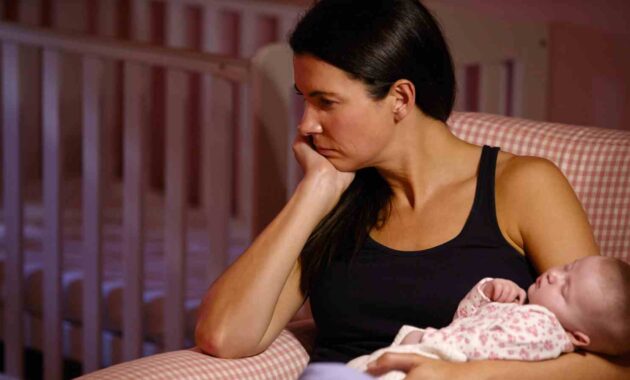A woman can go through emotional upheaval before, during, and after her pregnancy. Commonly known as maternal depression, it is highly likely to affect child development.
Health Shots got in touch with Dr Tasneem Shah, Consultant- Obstetrics and Gynaecology, Manipal Hospital, Whitefield, Bengaluru, and clinical psychologist, Dr Kamna Chhibber, to understand the link between maternal depression and child’s development.
Maternal Depression and Self-care
“For women across all walks of life, becoming a mother is a remarkable event. However, pregnancy can also lead to a number of emotional challenges. In addition, a pregnant woman goes through persistent bouts of sadness, mood swings and sobbing fits that are an outcome of maternal depression. It is generally called anti-partum depression, and these women are more vulnerable and prone to experience mood swings or postpartum depression post-delivery,” says Dr Shah.

As per the expert, around 2 percent of pregnant women who visit the OPD get depressed thoughts during their pregnancies and may need professional care and therapy.
Alongside, during this period, the family members and dear ones should take responsibility, as it plays a pivotal role, to maintain the mental well-being of these women. Also, women tend to marginalize their self-care and mental health owing to a lot of factors such as:
• Lack of awareness
• Lack of time
• Too much workload
• Lack of support
These factors should be ruled out because prioritizing mental health results in overall well-being in women during their recovery period, adds the expert.
Also read: Study suggests that a mother’s depression can affect her relationship with her baby
How can poor mental health during motherhood affect parenting?
Maternal depression is known to cause early child developmental problems such as lowered cognitive, social and academic functioning in children. Those kids who come from a mother having a depression history are at least two or three times more likely to have mood disorders and adjustment issues.

Even as toddlers or in infancy, children of depressed mothers create more fuss around, are less responsive to facial and vocal expressions and are more inactive and have heightened stress hormones in comparison to infants of non-depressed mothers.
“A parent’s state of well-being can have an impact on the child. It can influence the ways in which care is provided and how available the parent is. This can affect the attachment of the child, the sense of trust and security they develop or sustain depending on their age. If a child understands what is happening and there are other adults who provide support and care then the effect can be modulated. A parent not being well can make a child worried and anxious as they may feel out of control and unsure about what is happening and how they can help or support,” says Dr Chhibber.
#Link #maternal #depression #child #development
